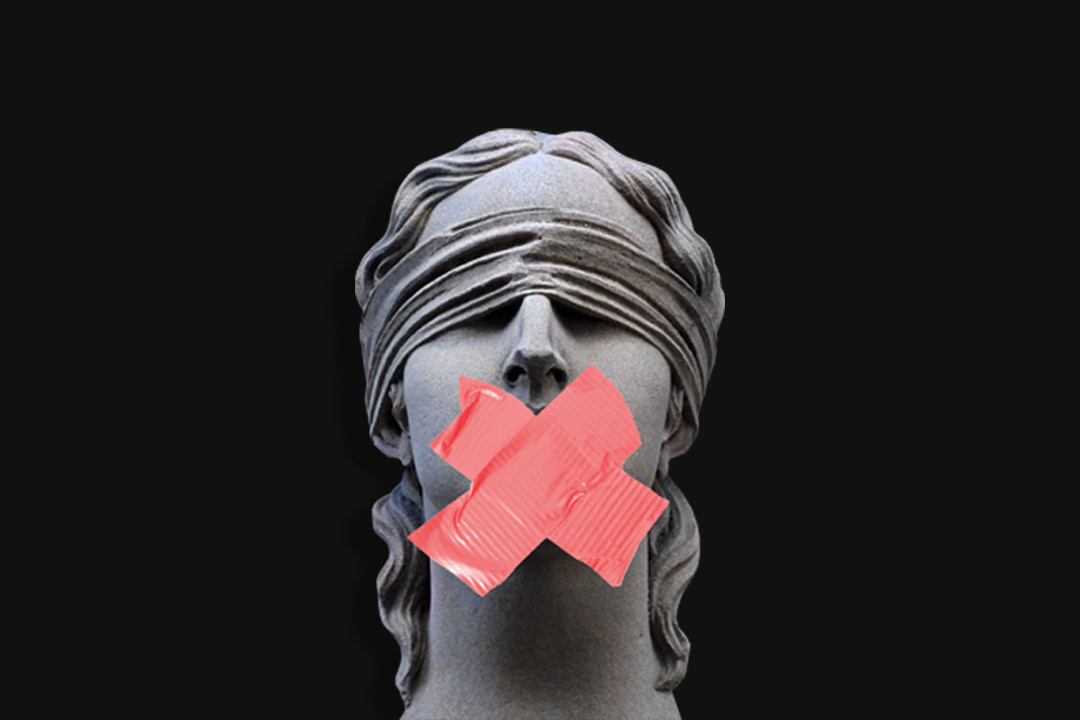Hey Psychedelic Science Community, We Need to Talk About Consent
Consent is really pretty simple but also apparently complicated, due to our inheritance of a messed up culture.
Psychedelic Sisters In Arms is inspired by women who have come forward to speak their truths about the sexual violence they’ve experienced in psychedelic communities, and is indebted to the whisper network that continues to ensure the safety of the outspoken survivors to this day. Read the Series.

Psymposia is a 501(c)(3) nonprofit research and media organization that offers critical perspectives on drugs, politics, and culture. We rely on contributions from our readers and listeners. Your support is vital to sustaining Psymposia.
Support Psymposia’s independent journalism on Patreon and help us drive the Mystery Machine! We’re a bunch of meddling kids who are unmasking the latest shenanigans on the psychedelics beat.
Consent: to give assent or approval: agree (Merriam-Webster)
Legal definition of consent: compliance in or approval of what is done or proposed by another; specifically: the voluntary agreement or acquiescence by a person of age or with requisite mental capacity who is not under duress or coercion and usually who has knowledge or understanding (Merriam-Webster)
Enthusiastic consent: Consent is a mutual verbal, physical, and emotional agreement that happens without manipulation, threats, or head games… It is not just a verbal “yes” or “no” – it involves paying attention to your partner as a person and checking in with physical and emotional cues as well (yesmeansyes)
It is clear that this concept has been too often misunderstood, throughout history and across many contexts, ranging from professional- in the case of scientific fields such as medicine- to personal.
This misunderstanding shows up especially and egregiously in the realm of sexual encounters.
Consent is really pretty simple but also apparently complicated, due to our inheritance of a messed up culture.
Perhaps you’ve had a realization once (or a few times) about how culture influences you to do some things you’re not stoked about.
Maybe a lot of things. Maybe some things you would rather not have done at all.
Let’s look at Research.
In psychedelic studies, as in other medical studies, patients are required to give consent to the procedures they undertake.
They sign a form. It asks, “Do you consent?” A patient must affirm “yes,” with a signature, or nothing proceeds.
This form does not say, “Just go with it.”
It does not say, “Come on, it will be better this way.”
Imagine, a doctor telling you these things.
Perhaps you don’t need to imagine…
We have heard (if we’re truly listening) story after story where women (and all genders) have been coerced into sexual activity they did not enthusiastically consent to.
Then we inevitably hear the following:
“They could have said ‘no.’ ”
“They could have walked away.”
“They could have (FILL IN THE BLANK).”
If you’re saying these things, you seem to have an understanding of how easily and frequently this can happen. That one small variable can have drastic consequences.
It may have happened to you.
Or you may have been the one pushing.
We live in a culture where women (and all genders) regularly face repercussions, up to and including physical violence, for saying no to men.
For challenging their authority or self-image.
For saying things they didn’t want to hear.
For not smiling at them.
Is it any wonder that for some people, “no” might be extremely complicated?
Add personal histories of trauma to the mix. Just one trauma. Or maybe a few. Maybe a lifetime’s worth.
There are a lot of reasons we might not say “no.” That we might “just go with it.”
Trauma is a thing that medical professionals claim to understand. They study and attempt to treat it.
So now we want to talk about equity in psychedelic studies…
We cannot start that conversation without acknowledging that the people we are personally closest to- our intimate partners, friends, and family- have dignity equal to our own.
How do medical professionals working with psychedelics expect to treat patients with respect, to hold a holistic understanding of their histories, to see and respond appropriately to nuanced human interaction- especially with people in altered states- when we can’t even agree on what non-coercive consent looks like with the people we have intimate physical contact with?
We can’t separate our professions from our personal lives. What are those in the field of psychedelic medicine professing to uphold in terms of values? Aren’t doctors to “First do no harm”?
Why would that only apply within four white walls?
We cannot refuse to look at problems of consent in sexual encounters and then claim that we can, in all other instances, be careful with others’ bodies.
We cannot begin to understand complex group histories of trauma systemically perpetuated by the medical profession if we can’t come to an understanding around our own personal histories with consent and coercion.
As professionals who have the responsibility of administering psychedelic medicines, you bear a responsibility to be beyond reproach in your treatment of human beings in all settings.
As anyone with the privilege to speak and be heard, anyone heralding psychedelics as catalysts of cultural and personal change, if your intentions towards those you interact with are predatory or are not in full consideration of the inherent respect they are due as human beings, hold your hand up high and find help.
Or alternatively, get out of our space.
To anyone who has been hearing or having these conversations for a long time (some for decades), it is now time to bring this dialogue to the forefront, so that real change can finally happen. We can and must support change to happen.
We want real healing, real resolution of traumas both personal and systemic. Not replications of those traumas through continued abuses of power- by medical professionals, by guides and leaders of ceremonies, by “visionaries” or “champions” for The Cause!, by new and seasoned psychonauts careless or eager to take advantage of blurry boundaries.
We want an end to abuse. An end to neglect, to oversight, to ignorance and indifference.
We can’t just go with it. Not anymore. Not in these communities. Not in these movements.
Not in these shared visions for a “better world.”
Time’s up.
Psychedelic Sisters In Arms was produced in collaboration with Oriana Mayorga.
Hey! Before you go… Psymposia is a 501(c)(3) non-profit media organization that offers critical perspectives on drugs, politics, and culture. We strive to ask challenging questions, and we’re committed to independent reporting, critical analysis, and holding those who wield power accountable.
Our perspectives are informed by critical analysis of the systemic crises of capitalism that have directly contributed to the unmitigated growth of addiction, depression, suicide, and the unraveling of our social relations. The same economic elite and powerful corporate interests who have profited from causing these problems are now proposing “solutions”—solutions which both line their pockets and mask the necessity of structural change.
In order for us to keep unpacking these issues and informing our audience, we need your continuing support. You can sustain Psymposia by becoming a supporter for as little as $2 a month.
Niki Sylva
Niki Sylva is passionate about empowerment through information resourcing and harm reduction for individuals, communities, and the environment. She facilitates peer integration circles in her community and coordinates educational programming for Botanical Dimensions Ethnobotany Library. She is caretaker of The Understory, an online resource for integrating psychedelic worldviews grounded in community and ecology. She can often be found on a hike or playing guitar.






